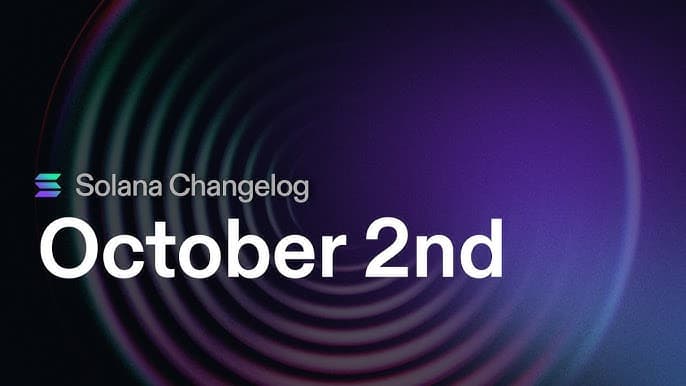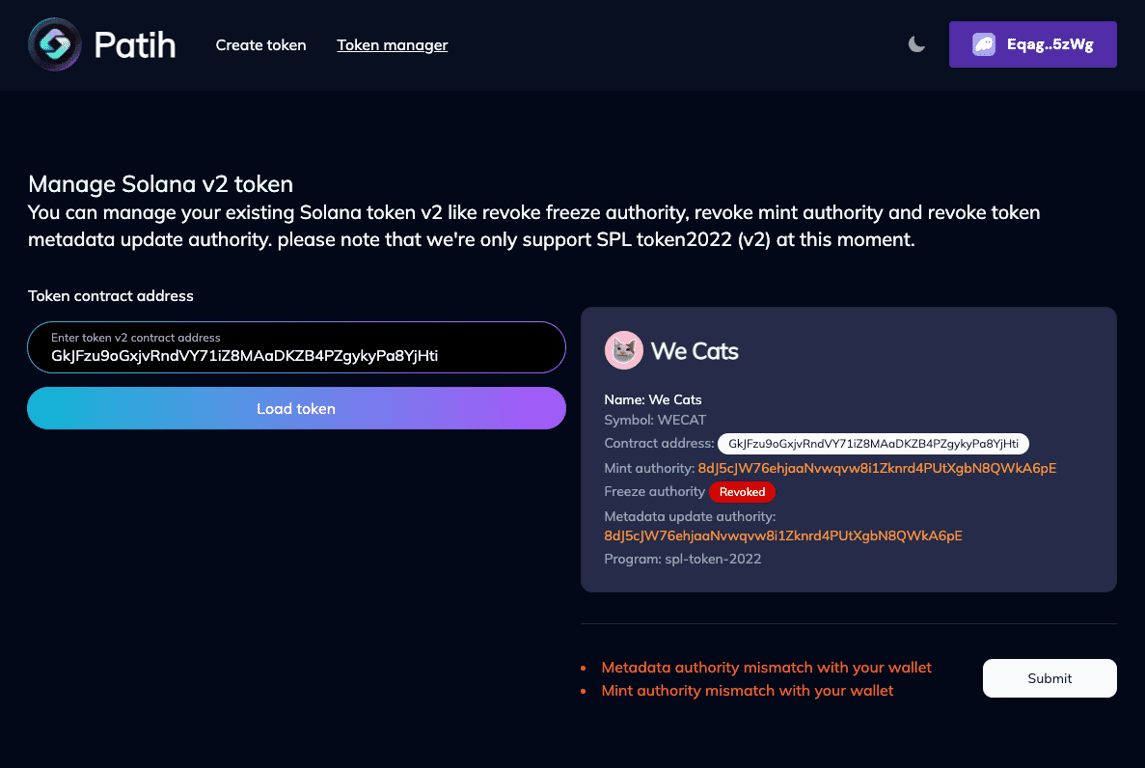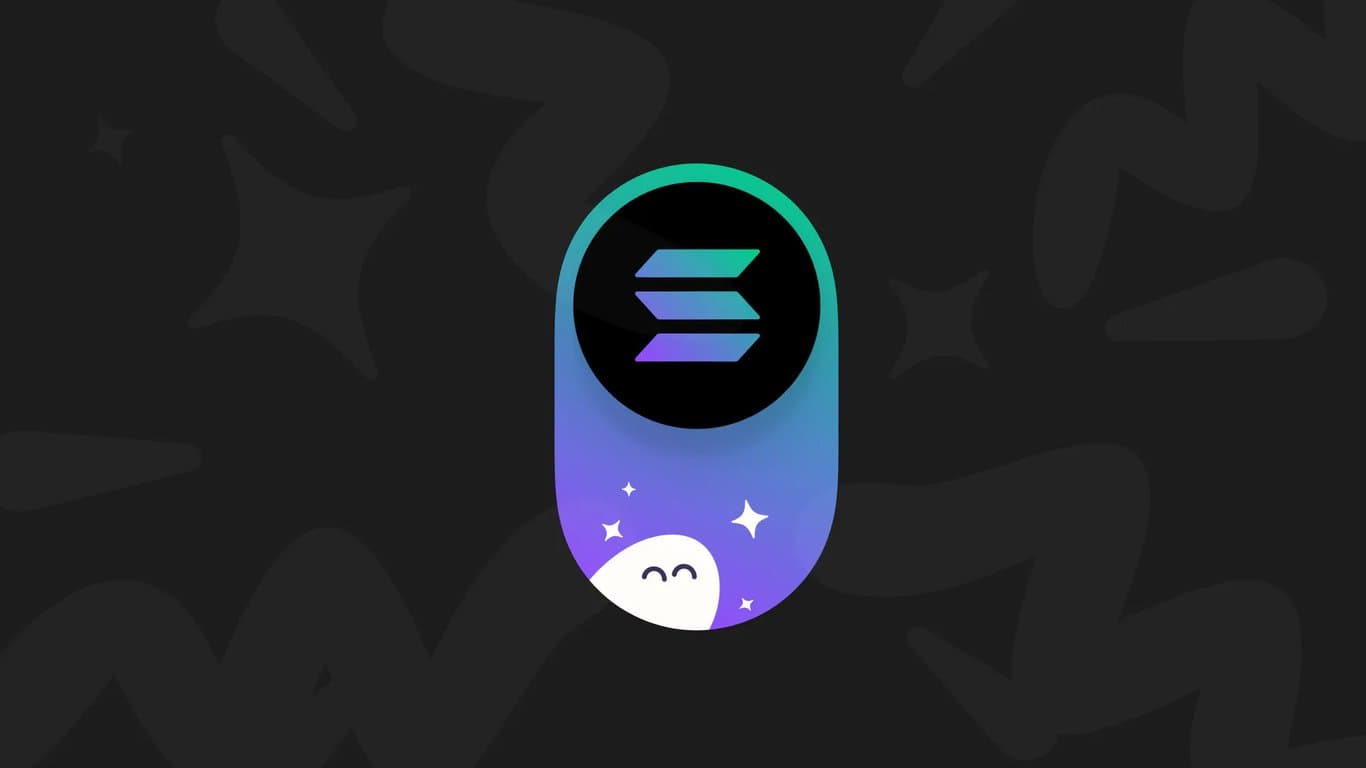
Solana, one of the world’s leading blockchain platforms, recently introduced a software update that has created a major financial boost for its validators. Validators are crucial participants in the Solana network, responsible for processing transactions and keeping the blockchain running securely and efficiently.
With the new update, validators are now seeing an impressive increase in daily revenue, collectively earning around $30 million a day. Let’s break down why this matters and what it means for Solana (SOL) investors and users.
Why Are Validators Earning So Much More?Blockchain validators make money by processing transactions and charging fees. Solana's new software update made some key improvements to speed, efficiency, and security, which have attracted more activity and, as a result, higher fees. This increased activity has provided validators with a bigger share of fees and transaction rewards.
In simple terms, imagine a store suddenly getting double the number of customers—it would make more money from sales. The same is happening for Solana validators, as more users and developers choose Solana due to the improvements, creating higher revenue.
What Does This Mean for Solana’s Price and Investors?The boost in validator earnings has also excited SOL investors. Many believe that the improved technology and increased user activity could push the price of Solana’s cryptocurrency (SOL) higher. When more people use a blockchain, the value of its native token (in this case, SOL) often goes up due to demand.
Some experts predict that SOL could aim for a price of $200 in the near future, especially if the network continues to attract developers and new projects.
What’s Next for Solana?The upgrade is just one of many improvements Solana has planned. As blockchain technology advances, the Solana team aims to make the network even faster, cheaper, and more user-friendly, keeping its edge in the competitive crypto space.
This upgrade is a significant step forward, showcasing Solana’s potential to support a wide range of applications, from decentralized finance (DeFi) to NFTs, while rewarding the validators who keep it running smoothly.


